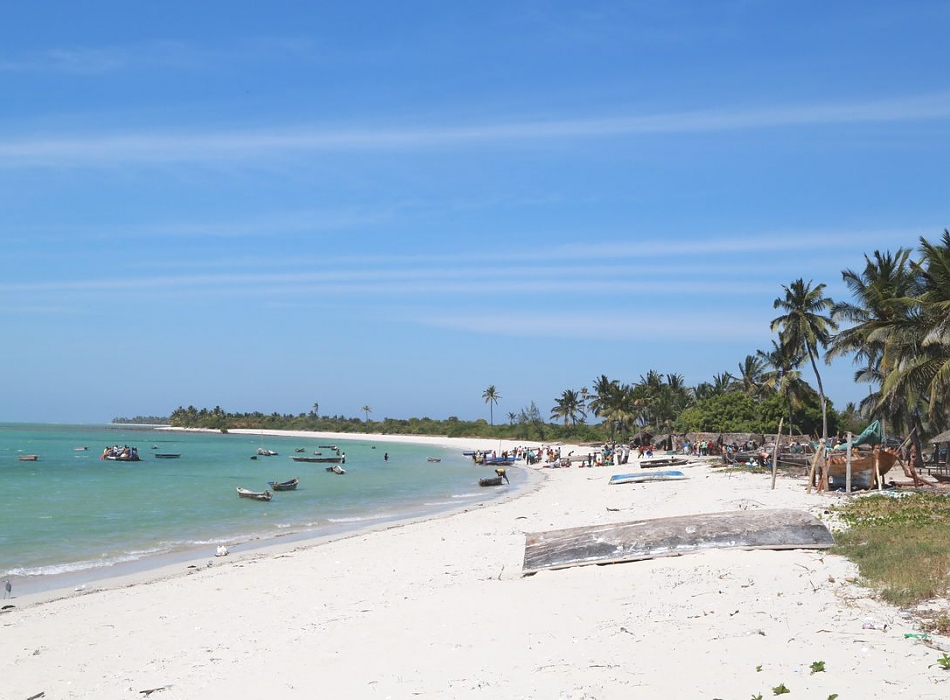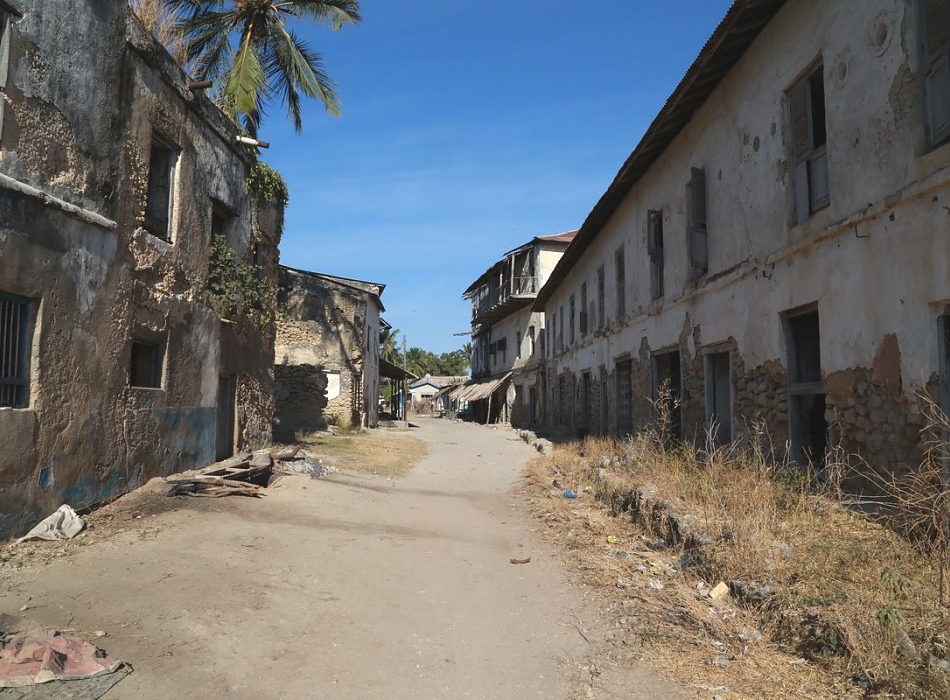

Kilwa Kisiwani was once the most famous trading post in East Africa. In 9th century the Swahili wealth owner of the island sold it to a trader called Ali bin Al-Hasan, the founder of Shiraz Dynasty. From 11th Century to early 15th Ali bin Al-Hasan managed to create a powerful city (Kilwa Kisiwani) and as major trading center along east African coast. He built a great mosque, established close trading links to interior of southern Africa as far as Nyasaland and Zimbabwe.
The Ruins of Kilwa Kisiwani and Songo Mnara are the remains of two ports that had an important position in East African trade between the 13th and 16th centuries.
Kilwa Kisiwani is an Islamic community on an island off the coast of East Africa, in present day Tanzania. In the 9th century it was sold to a trader Ali bin Al-Hasan and over the following centuries it grew to be a major city and trading centre along that coast, and inland as far as Zimbabwe. Trade was mainly in gold and iron from Zimbabwe, ivory and slaves from Tanzania, and textiles, jewellery, porcelain, and spices from Asia.
By the 13th century, under the rule of the Mahdali family, Kilwa had become the most powerful city on the East African coast, and its influence stretched as far south as Mozambique. Abu Abdullah Ibn Battuta recorded his visit to the city around 1330, and commented favorably on the humility and religion of its ruler, Sultan al-Hasan ibn Sulaiman. From this period date the construction of the Palace of Husuni Kubwa and a significant extension to the Great Mosque of Kilwa.
